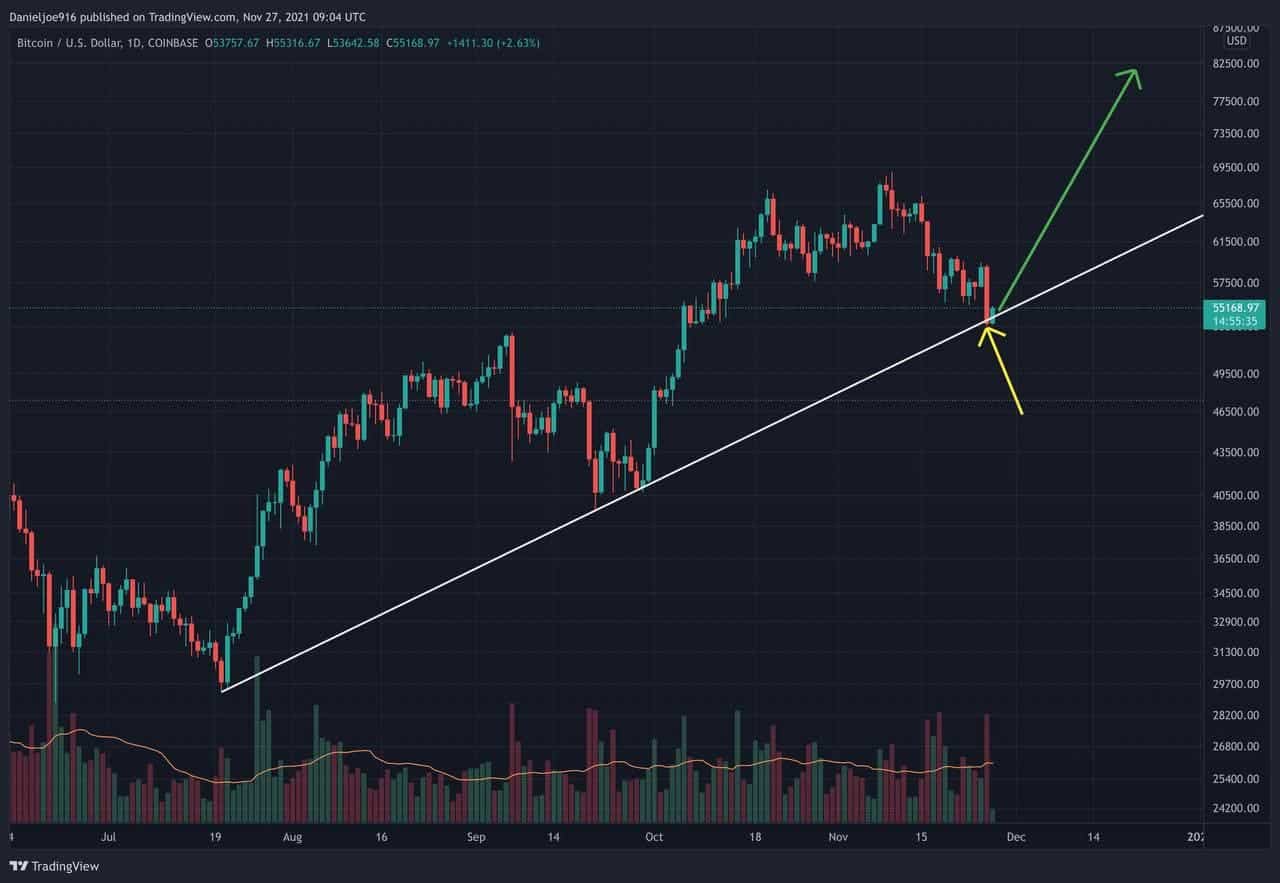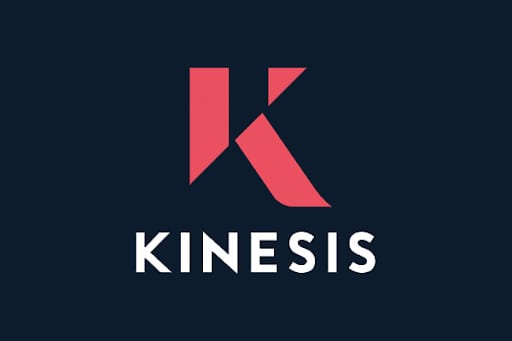CEO of $230 Billion Investment Fund Unwittingly Linked To A Bitcoin Scam
The head of a $230 billion Singaporean investment fund is the latest high-profile public figure to have their likeness used to promote Bitcoin Pro – an investment scam making the rounds on Facebook.
Ho Ching, who has served as Temasek’s CEO since 2004, warned her more than 57,000 followers on Monday:
“Just to alert everyone that there have been some more fat frogs jumping in the streets! […] The scams masquerading as breathless news from Straits Times, Channel News Asia, etc, have resurfaced and are making the rounds again, using my name and making up fake breathtaking quotes from me and others.”

The ad bears the “as seen on” logos of several legitimate and reputable media outlets, including The New Paper, The Business Times, Today, The Independent Singapore, and Singapore Business Review.
In a “special report” titled “Ho Ching Latest Investment Has Experts in Awe and Big Banks Terrified,” the ad makes several false and sensationalist claims attributed to Ho, including details of a supposed call between Ho and the head of a major bank in which they beg her “stop divulging money-making secrets.”
Ho encouraged her followers to report the ad and cautioned them against getting conned into “get rich quick schemes” like Bitcoin Pro.
A spokesperson for Temasek said:
“These are not new scams – they’ve been around a long time and have targeted many high profile individuals, not just Ho Ching.
“At the end of the day, people need to be aware before committing to anything they see online endorsed by anyone with a public profile.”
Bitcoin Pro By Any Other Name Still a Scam
Bitcoin Pro appears to be the latest iteration of the Bitcoin Revolution scam. Similar scams have appeared recently under names like Bitcoin Looper and Bitcoin Evolution.
Regardless of the name, all of these scams have several things in common:
- They advertise their scam on Facebook using ads that feature fake “news articles” about some famous celebrity or other public figure making sick amounts of money using their program.
- Like most high-yield investment plans (HYIPs) they promise dizzying profits in a matter of days, weeks, or months.
- They are practically clones of each other, using the same verbiage and making the same outlandish claims.
Ho isn’t the first high-profile Singaporean to be unwittingly caught up in this scam. Earlier this year, former Prime Minister Goh Chok Tong had his likeness used to promote the scam, prompting the Monetary Authority of Singapore (MAS) to issue an official warning about the scam.
Bitcoin Scam Ads on Facebook are Hard to Kill
Although Facebook removes the ads when they become aware of them, policing the Bitcoin scam ads appears to be akin to a game of whack-a-mole – no sooner do they take one down than another one (or more) pops up in its place.
A spokesperson for the social media giant cited the technical savviness of the scammers as one of the chief reasons it is so difficult to prevent the ads from being published. He explained that they “use sophisticated cloaking technology to mask content so that it shows different versions to our ad review systems than it does to people.”
“We encourage our community to report ads they believe are misleading as this information helps us improve our automated detection systems to counter cloaking tactics and make us better,” the spokesperson added.
The post CEO of $230 Billion Investment Fund Unwittingly Linked To A Bitcoin Scam appeared first on CryptoPotato.









